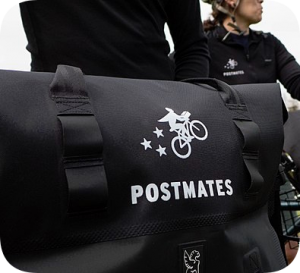 Yesterday, we looked at how video game companies earn billions of dollars annually by selling virtual products to an ever-growing market. Inspired by the success of this unusual industry, some clothing companies have started selling digital outfits that don’t exist in the real world. For instance, the fashion label The Fabricant recently sold a virtual dress for $9,500 to the wife of a San Francisco tech executive. Although she cannot actually put on her expensive new outfit, she can Photoshop Continue reading
Yesterday, we looked at how video game companies earn billions of dollars annually by selling virtual products to an ever-growing market. Inspired by the success of this unusual industry, some clothing companies have started selling digital outfits that don’t exist in the real world. For instance, the fashion label The Fabricant recently sold a virtual dress for $9,500 to the wife of a San Francisco tech executive. Although she cannot actually put on her expensive new outfit, she can Photoshop Continue reading







